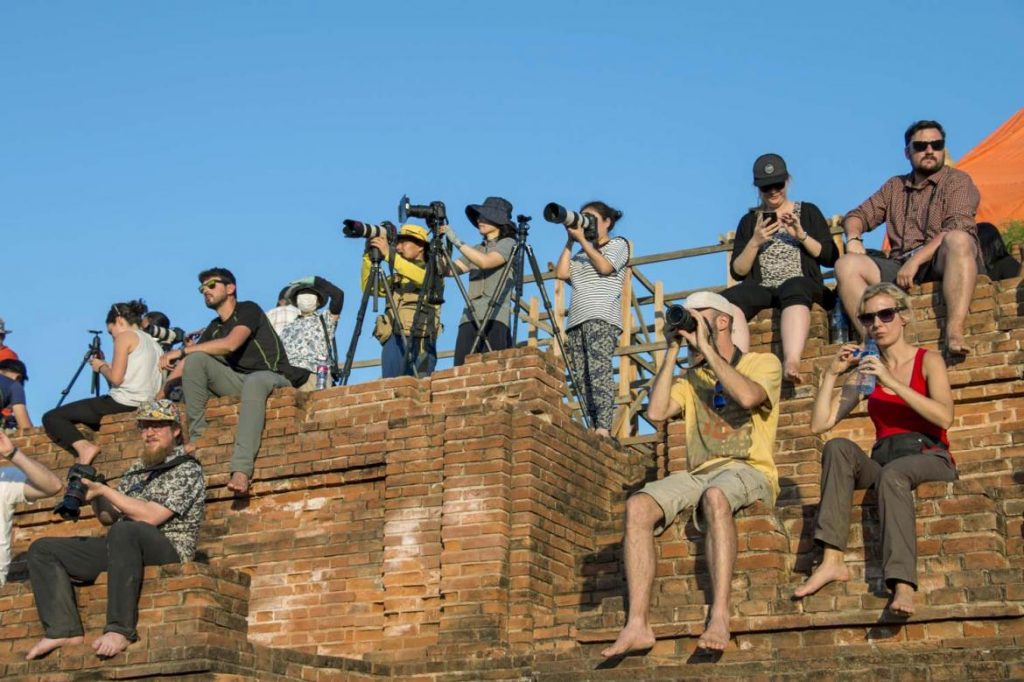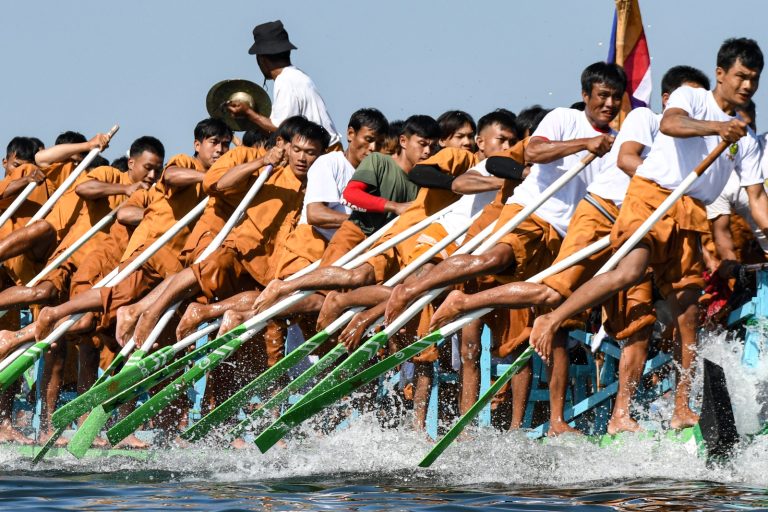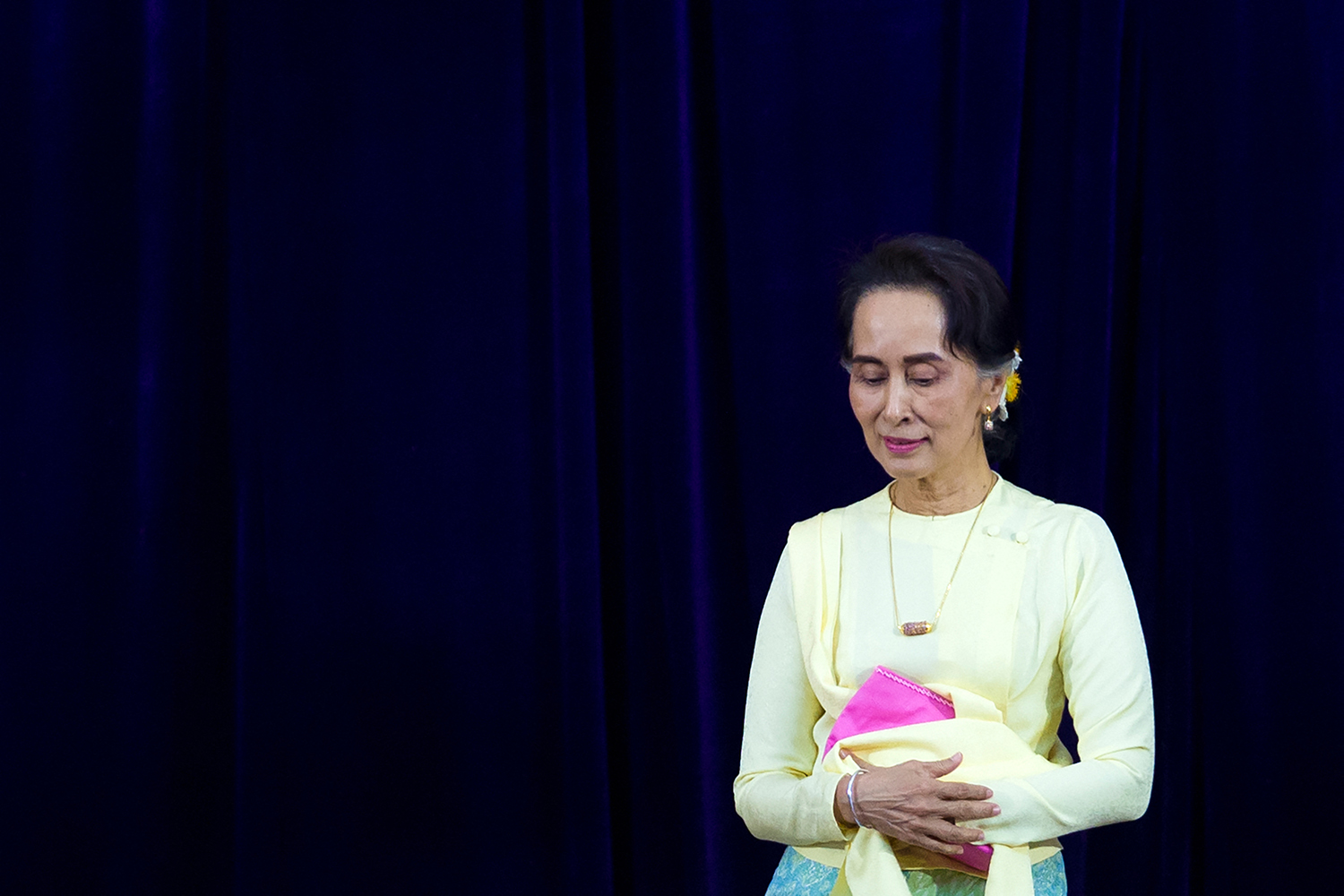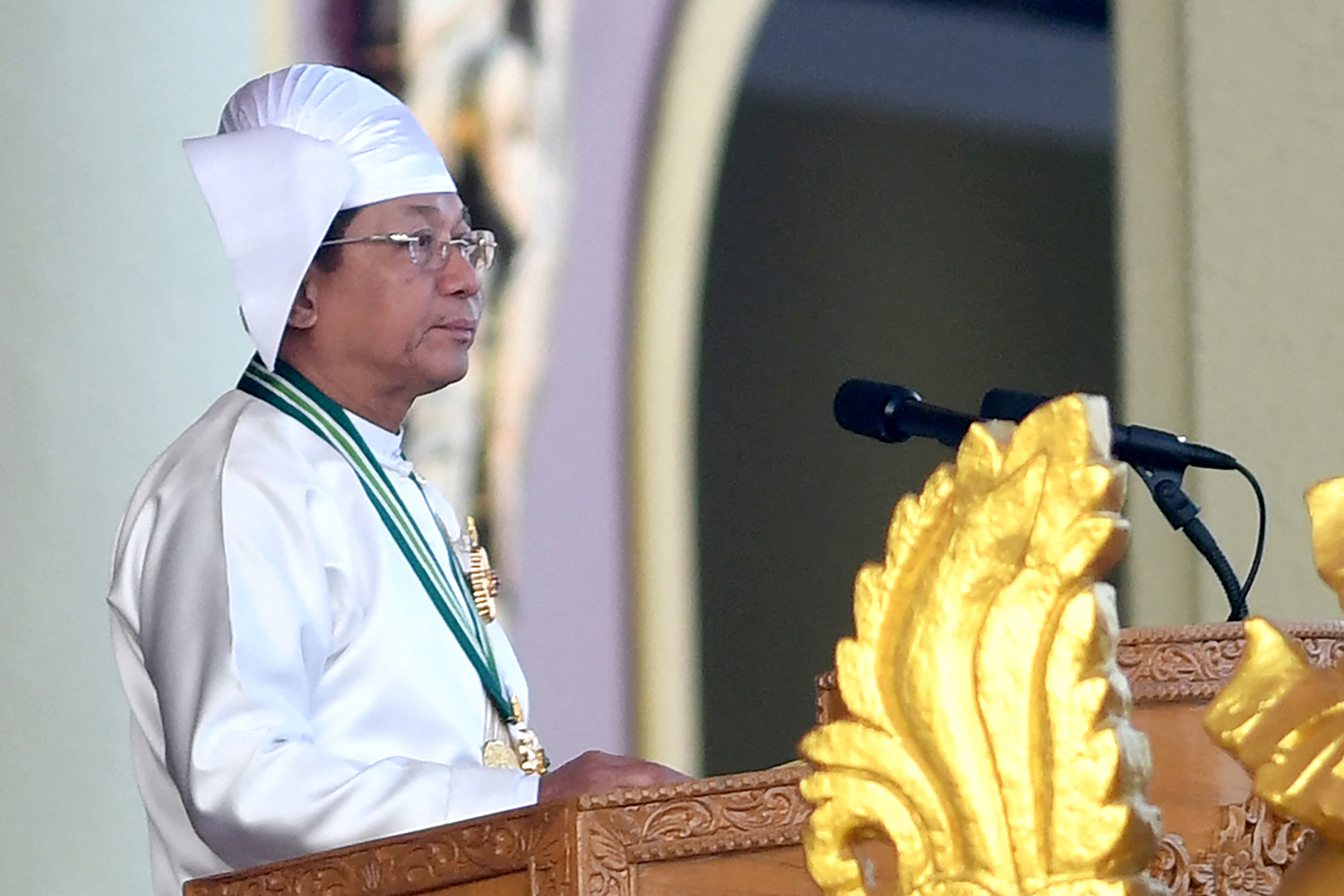Daw Aung San Suu Kyi has proposed a series of suggestions for boosting the travel industry, but implementing many of them will be a challenge.
By SITHU AUNG MYINT | FRONTIER
A DISAPPOINTMENT for the National League for Democracy government since it took office in late March 2016 has been a slowdown in the tourism industry, which had achieved strong growth after the transition to democracy began in 2011.
Official figures show that about 1.8 million foreigners visited the country between January and June, down 38,000 on the same period the previous year. Some analysts say Myanmar’s image as a tourist destination has been adversely affected by the crisis in Rakhine State, but it’s questionable that it is the only reason for the decline.
The downturn in the industry was addressed by State Counsellor Daw Aung San Suu Kyi in a speech in Nay Pyi Taw on August 3, when she proposed ideas for developing the sector. As tourism flourishes in neighbouring countries, will Aung San Suu Kyi be able to save the industry in Myanmar?
The state counsellor’s suggestions came in an opening speech at a meeting of the National Tourism Development Central Committee. The lengthy speech, rich with statistics and information, could be described as her guiding policy for the industry.
Support more independent journalism like this. Sign up to be a Frontier member.
Aung San Suu Kyi said the effective development of the tourism industry depended on viewing it from the perspective of what tourists want and need. The issuing of visas, for example, needed to be fast and easy. Arrangements were being made for visa exemptions and for visas-on-arrival, she said.
The state counsellor said road and railway transportation needed to be improved to create alternatives to air travel, on which most foreign visitors relied. The small towns that foreigners are interested in visiting should be made attractive with restaurants that serve clean, safe food, such as the street stalls in Thailand that are popular with tourists.
The industry also needed to do more to provide services for a range of budgets. As there are already high-end luxury hotels, there should also be cheaper hotels and guesthouses. There were also locations where tourists might want to camp in tents, erected by themselves, and security arrangements would be needed for their protection. Aung San Suu Kyi said that while there was no shortage of temples and pagodas for tourists to visit, an effort was needed to create other places of interest.
The state counsellor also spoke of the competition to attract foreign travellers. Myanmar had to compete against countries such as Thailand, Cambodia and Vietnam to attract holiday-makers, she said.
No matter how effective Aung San Suu Kyi’s ideas may be, success will be elusive if they are not properly implemented. An example is the recent announcement that visa rules would be relaxed for nationals of China, Japan and South Korea from October 1, subject to them carrying at least US$1,000 in cash. The visas would be issued free to Japanese and South Korean passport holders, but Chinese nationals, including residents of its Hong Kong and Macao special administrative regions, would be charged $50. However, most foreign travellers prefer to carry credit or debit cards rather than cash and the cash requirement has since been suspended following an outcry from the industry.
The state counsellor also said small and medium enterprises should be encouraged to build cheaper hotels and guesthouses to accommodate budget tourists. Accommodation options in other countries range from dormitory beds in guesthouses to Airbnb to lodging in private homes. However, restrictions in Myanmar mean that foreign travellers can only stay at a government-recognised hotel, guesthouse or inn. A minimum of 10 master bedrooms is required to qualify an establishment for a licence to accept foreign guests, which makes establishing a cheap hotel a difficult proposition for an SME.
Aung San Suu Kyi also called for efforts to make cheap, hygienically prepared food more easily available, and encouraged the development of Thai-style food stalls. There is intense interest in this in Myanmar and some entrepreneurs have invested in trucks and vans that operate as mobile food stalls. However, poor management by Yangon City Development Committee has made it difficult for them to do business.
The decline in tourist arrivals in Myanmar is not only because of the Rakhine crisis. The main reasons are the low number of international carriers serving Myanmar compared to other regional destinations, the high cost of domestic air travel for foreigners because of discriminatory pricing, and fewer attractions. Other factors are the limited amount of budget accommodation, the poor reputation of street food, the higher cost of travelling to Myanmar compared with neighbouring countries, high travel agency service charges and the weak propagation of travel information. It is the cumulative effect of all these factors that has led to the downtown in the industry,
The number of foreigners entering Myanmar through its main airport gateways is about 540,000 a year, a fraction of the number visiting Thailand, which attracted 35 million visitors last year. With the right policies and effective management, there is certainly huge potential for the development of the tourist industry. But it will take more than a speech by Aung San Suu Kyi to make that happen.







